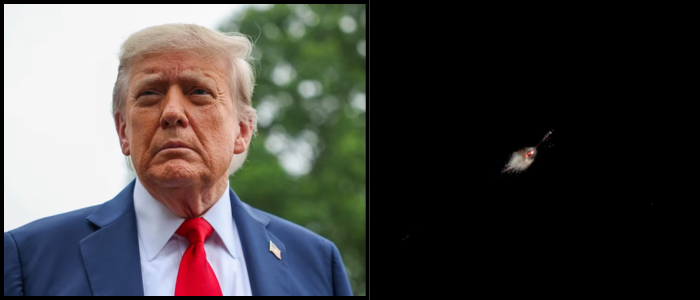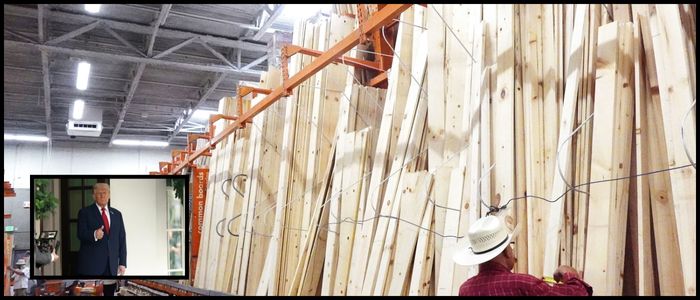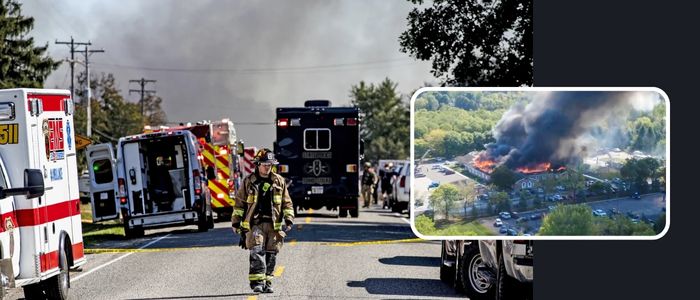Trump himself was speaking directly with Israeli Prime Minister Benjamin Netanyahu, while Vice President JD Vance, Secretary of State and National Security Adviser Marco Rubio, and Mideast Envoy Steve Witkoff were handling communications with Iran. The Qatari government was a crucial mediator, with Trump personally thanking Emir Tamim bin Hamad bin Khalifa Al Thani and asking him to use his influence with Iran to support the peace plan and help solidify the Iran ceasefire.
Qatar's Role Key to Agreement
According to US officials, several conversations with Qatar, particularly by Prime Minister Sheikh Mohammed bin Abdulrahman bin Jassim Al-Thani, had contributed to the completion of the ceasefire agreement. Finishing military strikes in short order for Israel to cease its attacks on the condition that Iran agreed to the conditions, after discussions with Qatari leaders.
Iran's state media later reported that a cease-fire had been "imposed on the enemy," following hours in which their military had "punished Israel for its aggression" until 4 a.m. local time. Iran's Foreign Minister Abbas Araghchi also thanked Iran's military and seemed to imply that military operations had stopped only at the last minute. Israel has not yet officially confirmed the truce.
Trump wrote on social media that both Iran and Israel made contact with him "almost simultaneously," and that "the World, and the Middle East, are the real WINNERS." Even so, there were reports of missiles being fired from Iran at Israel just before Trump's announcement.
Negotiations for a New Deal Could Restart
The cease-fire allows for potential diplomatic talks. Iran was said to be inclined to return to the table, the sources added, if Israel had put its strikes on hold. After communicating indirectly all week, including through mediators, the United States was ready to revive nuclear talks, as had been expected.
The U.S. warned Iran of the attacks before they took place on Saturday and repeated the same condition it has demanded as the only terms of diplomacy — Iran must stop its uranium enrichment. Iran has long insisted that it has a right to enrichment, whereas U.S. officials say it is key to any possible deal that Iran accepts sharply curtailing it.
But even as rockets flew, Witkoff maintained channels of communication with Iran, and Rubio went on the record with the U.S.'s openness to direct negotiations that suggested that the U.S. was willing to talk if Iran would reach out. The White House claimed a role in securing the ceasefire through its military interventions even as diplomats cautiously welcomed the possibility that it would be followed by peace talks.
Top

Trump Declares Ceasefire Between Iran and Israel

Swift events Quarter saw dramatic events after Iran had finally fired a missile attack on a U.S. base in Qatar and led Former President of the United States of Arabia president Donald Trump and key officials to accelerate the resolution of the Iranian-Israeli conflict. The situation moved fast just 48 hours after U.S. bombings struck Iranian nuclear sites. Amid the mounting tensions, a ceasefire was announced by Trump, who said it entailed the "complete and Total CEASEFIRE, an Official END to THE 12 DAY WAR." The announcement was widely referred to as an Israel ceasefire in diplomatic circles.











